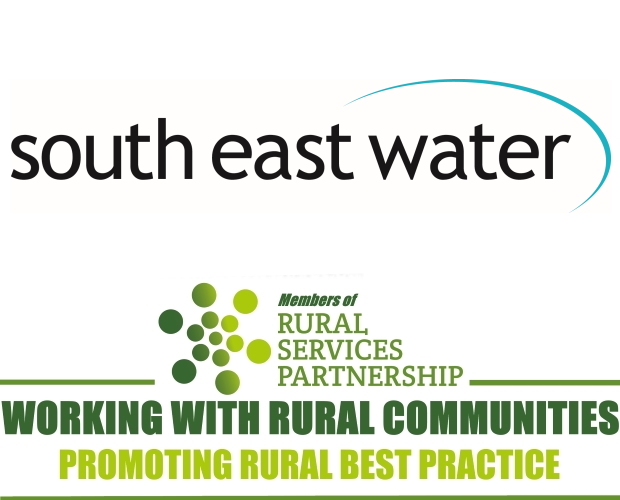T: 01822 851370 E: [email protected]
Times are tough at the moment, and many people may find themselves struggling financially or feeling vulnerable in some way That’s why South East Water has a range of customer support services and tariffs in place to provide extra support...
With the arrival of chillier weather, a water company is asking customers to carry out a winter MOT on their homes and those of elderly family, friends and neighbours to avoid burst water pipes this winter. South East Water, which...
As part of the Utility Networks Partnership South East Water have created a joint video promoting the Priority Services Register (PSR) Working together with 11 other water, gas and electricity companies they hope they have come up with an innovative...
The protection of customers and employees took centre stage for South East Water amid the COVID-19 outbreak. The water company, which supplies drinking water to more than 2.2 million customers across five counties, pulled out all the stops to continue...
NEWSLETTER
Sign up to receive all our latest news and updates.
HOT TOPICS
Amid reduced public spending, fair resource allocation across regions is crucial. Despite a population larger than Greater London, rural areas receive significantly less funding for essential services, even though delivering these services in rural areas is more expensive.
Economic growth is widely acknowledged as essential for national wealth and prosperity and is a priority for political parties. Rural economies, employing millions and home to a higher proportion of small businesses, have potential for growth if barriers are removed.
Rural residents face distinct healthcare challenges, including limited access to transport, longer distances to medical facilities, an aging demographic, housing inadequacies, digital connectivity gaps, and difficulties recruiting health and care workers.
Rural communities are grappling with a severe affordable housing crisis, marked by high house prices, a lack of affordable housing, elevated living costs, and lower incomes, threatening their sustainability and vitality.
Transport is vital for the quality of life and economic health of rural areas, yet it faces challenges such as infrequent public bus services and less Government funding compared to urban regions.
Rural areas, encompassing a substantial portion of England's population and land, play a pivotal role in combating climate change and achieving the net zero target.
In an increasingly digital world, the lack of robust digital infrastructure in rural areas severely limits access to crucial services and stifles economic growth.
A future-focused vision for rural communities involves not just building the right homes in the right places but also ensuring thriving, sustainable communities.
SIGN UP TO OUR NEWSLETTER
Sign up to our newsletter to receive all the latest news and updates.





